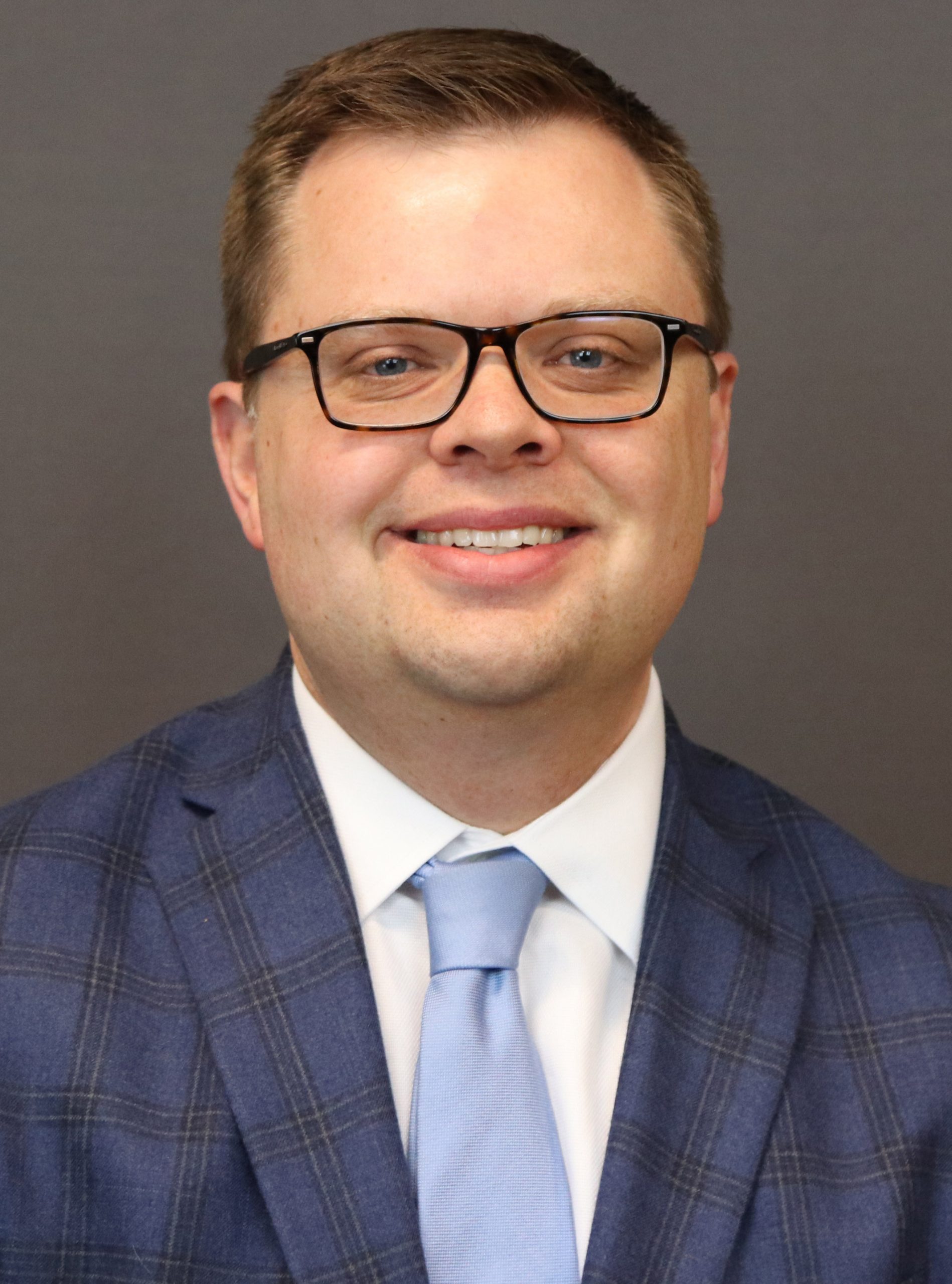Who: Dr. Benjamin Black, the Director of Medical Services and the Ron Ashworth Professor of Child Development at the Thompson Center.
Bio: Dr. Black grew up in the small town of Argyle, NY in northeast New York state before earning an undergraduate degree in neuroscience at the University of Rochester. Dr. Black then worked as a clinical research assistant for three years at Yale University before attending medical school at Jefferson Medical College in Philadelphia. Dr. Black continued his medical training at Children’s Mercy in Kansas City, where he completed his residency in pediatrics as well as fellowships in developmental-behavioral pediatrics and pediatric clinical pharmacology. These combined areas of expertise truly make Dr. Black a uniquely qualified physician to lead medical services at the Thompson Center.
What are your research Interests?
In the past, my research interests have primarily focused on topics related to “precision medicine.” This includes pharmacogenetic factors that impact response to medications. I continue to have an interest in identifying subgroups of patients that respond to particular treatments and working to determine why some patients may respond very positively to a particular treatment and others may not. These types of issues are particularly complex in individuals with autism.
How did you first get involved with autism research?
During the course of my fellowship in developmental-behavioral pediatrics, I gained a lot of exposure to the breadth of autism research that exists. At that time, I was also completing a fellowship in pediatric clinical pharmacology, so my research naturally blended those two disciplines.
What is one thing do you hope to discover or understand better by the end of your career?
There are a couple of things that pique my interest these days. First, I love to think about the extremes of patient response to treatments (medication, behavioral, etc.). In any clinical trial, there are some patients who respond well to the treatment, and some who do not tolerate it at all. Whether the trial itself shows benefit or not, there are almost always at least small groups of patients who show an extreme response one way or the other. There are many variables that contribute to those differences, and you can easily spend a career looking at that. Second, I’ve become more interested in the topic of caregiver stress for children with neurodevelopmental disorders. Understanding that stress (what contributes to it, how we can help alleviate it, what the trajectory it is) is so important because it can have huge implications for the child and family outcomes. Supporting families through the diagnostic odyssey and beyond is a huge part of what we do, and it behooves us to understand that better.
What motivates you to work so hard in this field?
That’s an easy question – it’s our patients and their families. There is nothing more rewarding than seeing a patient make progress, whether it’s a big or small gain. We celebrate all of those victories. Once you see that happen, there’s nothing else you want to do except help another patient and family. That is what I think motivates all of us at the Thompson Center, be it in the clinical or research realm.



